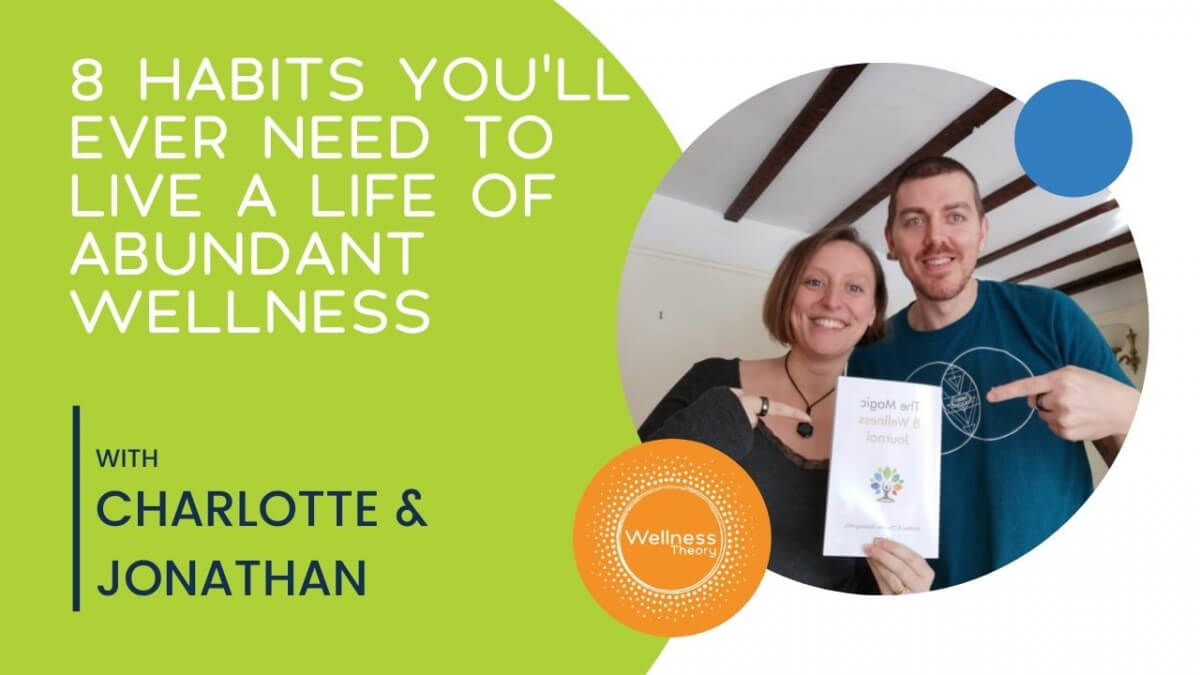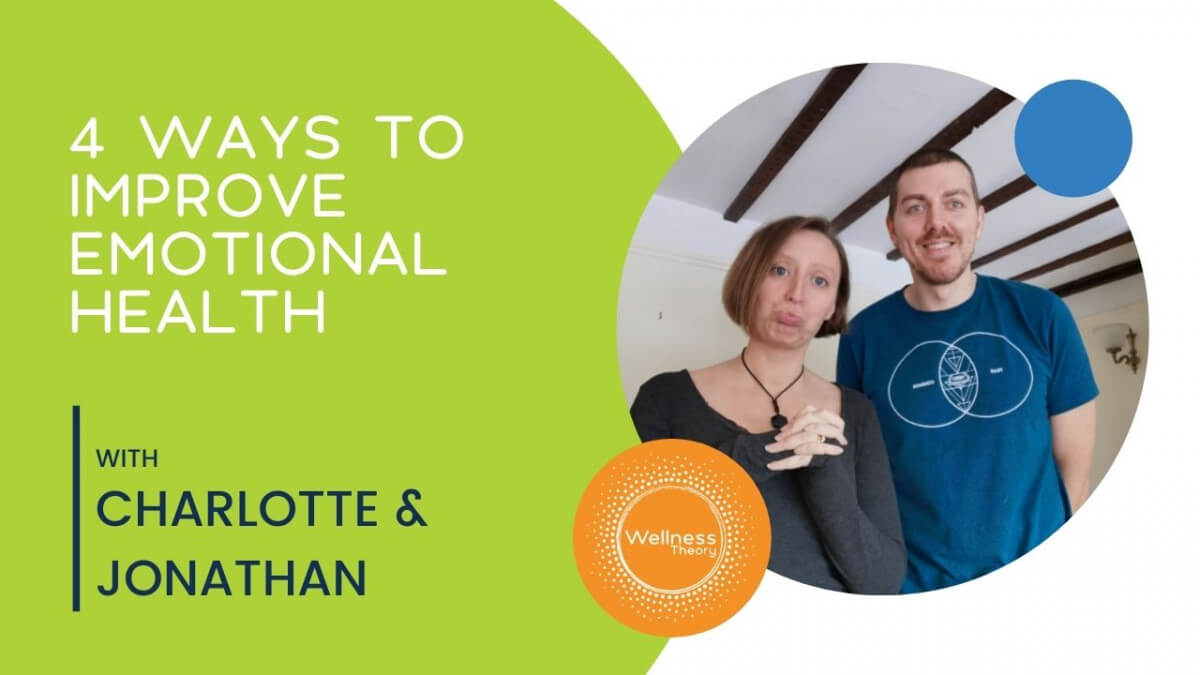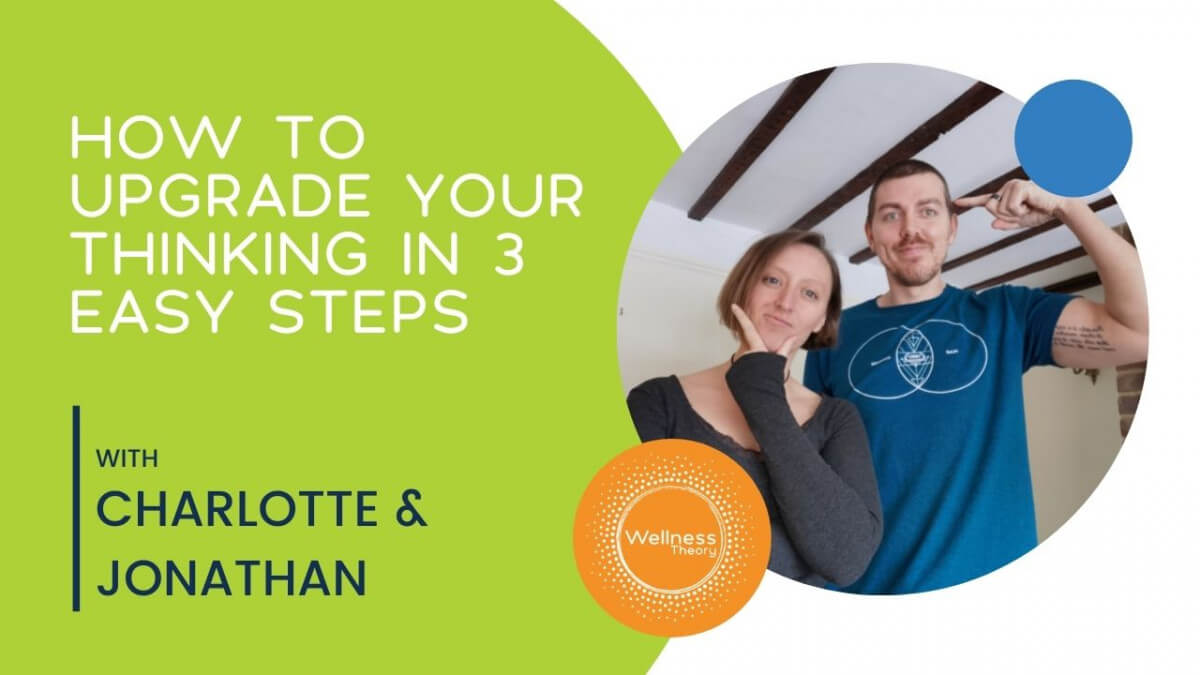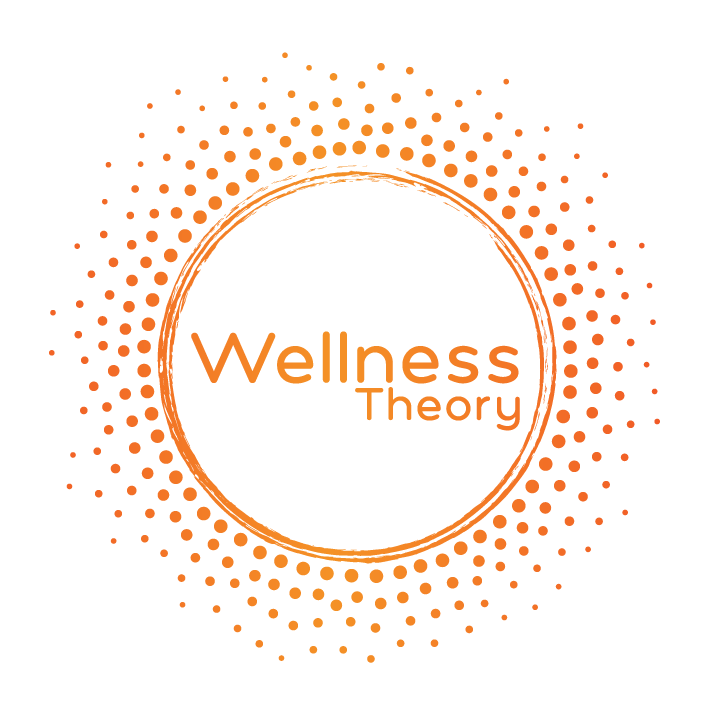Related Posts

8 Wellness Practices You'll Ever Need For a Healthy Life
FEBRUARY 23, 2023 - STRESS-RELIEF, WELLNESS
This article lays out the current go-to trends that focus on personal stress relief with emotional, mental and physical well-being in mind.

Balanced Nutrition for Stress Relief
JUNE 4, 2021 - PERSONAL, WELLNESS
Balanced hydration and nutrition for stress relief is a healthy way of coping with stress for the longterm.

4 Ways to Improve Emotional Health
JUNE 4, 2021- PERSONAL. WELLNESS
If you’ve ever felt paralysing fear, pent up anger or overwhelmed with guilt, hurt, shame or sadness, then these 4 ways to improve emotional health are for you.








